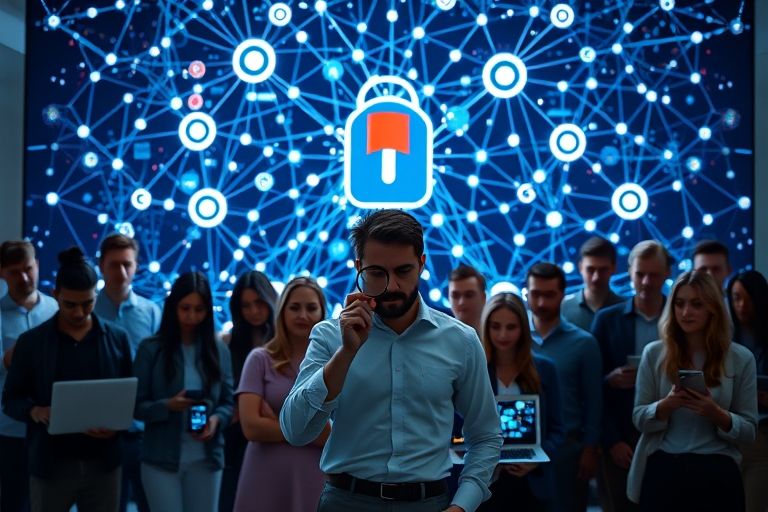
In the digital age, cybersecurity has become a major concern for individuals and businesses alike. Cyber attacks are on the rise, and end-users are often the weakest link in the chain when it comes to cybersecurity. Here are five common cybersecurity mistakes end-users make and how to avoid them.
A weak password is one of the most common cybersecurity mistakes end-users make. A weak password can be easily guessed or cracked by cybercriminals, leaving your personal information and sensitive data vulnerable.
To avoid this mistake, create strong passwords that are a combination of upper and lower case letters, numbers, and symbols. Avoid using easy-to-guess words or phrases, such as your name or birthdate. Also, use different passwords for each account to prevent a single breach from affecting multiple accounts.
Cybercriminals often use phishing emails and fake websites to trick end-users into clicking on links that can download malware or steal personal information.
To avoid this mistake, be cautious of emails or messages from unknown senders, and do not click on links or download attachments unless you are certain they are legitimate. Also, look for telltale signs of a phishing email, such as misspellings or grammatical errors, and hover over links to see the URL before clicking.
Failing to update software is another common mistake that end-users make. Updates often include security patches that address vulnerabilities and protect against cyber threats.
To avoid this mistake, make sure to regularly update your operating system, web browser, and other software. Set your software to automatically update when possible, and do not ignore or postpone update notifications.
Public Wi-Fi networks are often unsecured, making them an easy target for cybercriminals to intercept data being transmitted over the network.
To avoid this mistake, avoid using public Wi-Fi networks for sensitive activities, such as online banking or shopping. If you must use public Wi-Fi, use a virtual private network (VPN) to encrypt your data and protect your privacy.
Oversharing personal information online is another common mistake end-users make. Cybercriminals can easily use this information to steal your identity or gain access to your accounts.
To avoid this mistake, be careful about the personal information you share online, including on social media platforms. Avoid sharing sensitive information, such as your home address, phone number, or financial information. Also, be wary of phishing scams that ask for personal information.
By avoiding these common cybersecurity mistakes, end-users can better protect themselves and their sensitive information against cyber threats. Remember to use strong passwords, be cautious of suspicious links, update software regularly, avoid using public Wi-Fi, and be careful about sharing personal information online.